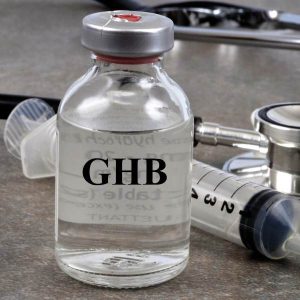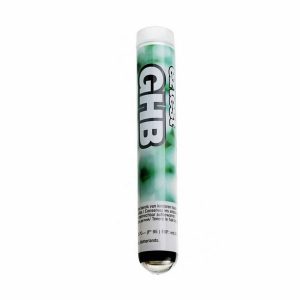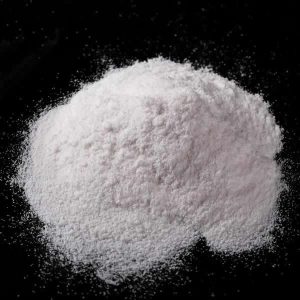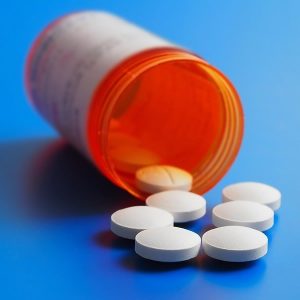History of GHB
December 28, 2020
GHB, or gamma-hydroxybutyrate, is a normal component of mammalian metabolism. It is found naturally in every cell in the human body and is most properly considered a nutrient. In the brain, the highest amounts are found in the hypothalamus and basal ganglia [Gallimberti, 1989]. GHB is found in greater concentrations in kidney, heart, skeletal muscles, and brown fat tissues [Chin and Kreutzer, 1992]. It is believed to be a neurotransmitter, although the jury is still out as to whether it exhibits all of the properties required for fulfillment of this function [Chin and Kreutzer, 1992]. It is both a metabolite and precursor of the inhibitory neurotransmitter GABA (gamma-aminobutyric acid, or gamma-aminobutyrate), another nutrient to which it bears a close structural relationship. GHB, however, does not act directly on GABA receptor sites [Chin and Kreutzer, 1992].
GHB was first synthesized about thirty years ago by Dr. H. Laborit, a French researcher interested in exploring the effects of GABA in the brain. Because little or no GABA crosses the blood-brain barrier, Laborit synthesized GHB, which substitutes a hydroxy group for an amino group. This difference allows GHB to cross the blood brain barrier where some of it is metabolized into GABA [Vickers, 1969].
As it turned out, Laborit found that GHB exhibited a range of effects beyond those expected from GABA. Over the intervening years, numerous researchers have extensively studied GHB’s effects. It is has come to be used in Europe as a general anesthetic, a treatment for insomnia and narcolepsy (a daytime sleeping disorder), an aid to childbirth (increasing strength of contractions, decreasing pain, and increasing dilation of the cervix), a treatment for alcoholism and alcohol withdrawal syndrome, and for many other uses.
During the 1980s, GHB was widely available over-the-counter in health-food stores, purchased largely by body-builders for its ability to stimulate growth hormone release which aids in fat reduction and muscle building. In the last few years it has been gaining popularity as a “recreational” drug offering a pleasant, alcohol-like, hangover-free “high” with potent prosexual effects.



